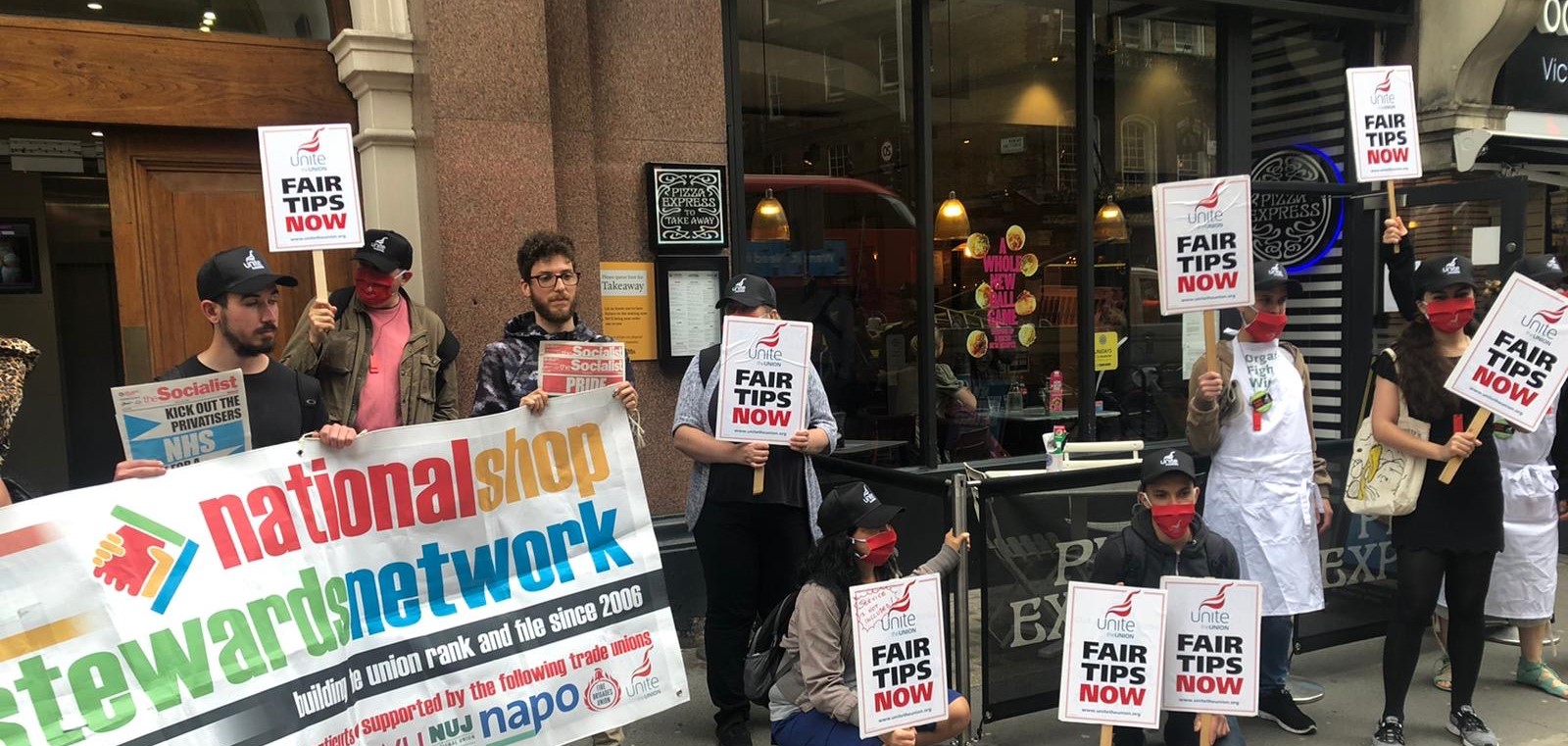Fair share call
A majority of workers in the UK’s hotel industry are barely scraping together a living earning less than the real Living Wage.
A new TUC report has found that a shocking six in 10 workers are being paid less than what the Living Wage Foundation has calculated is the bare minimum needed to maintain a decent standard of living – a rate that’s now set at £8.75 across the UK and £10.20 in London.
In the worst-affected regions such as Wales, Yorkshire and the Humber and the West Midlands, an astounding 70 to 75 per cent of hotel workers earn below the real Living Wage. The TUC also found that a substantial number of workers in the sector – nearly 70,000 – are illegally being paid less than the mandatory minimum wage, now set at £7.83 an hour.
Booming business
Endemic low pay among hotel workers exists alongside an industry that is, by all accounts, booming. The sector last year recorded its seventh year of successive growth, and the total turnover for hospitality as a whole is expected to reach ÂŁ100bn this year, according to the latest Office of National Statistics (ONS).
Some of the UK’s most successful hotel chains such as Premiere Inn and Intercontinental Hotels Group (IHG), which owns Holiday Inn and the Crowne Plaza, are enjoying significant growth.
Premier Inn, for example, saw its underlying operating profits increase from ÂŁ457m in 2016/17 to ÂŁ498m in 2017/18, a rise of 6.5 per cent. Its total sales grew by 5.2 per cent, while the chain opened 4,385 new rooms.
Meanwhile, IHG reported that its operating profit rose by more than 12 per cent. Profitability often goes hand in hand with disregard for its workforce – IHG still hasn’t phased in the real Living Wage as it had promised to do in 2012, which was a pledge that played an instrumental role in the hotel group securing Olympic contracts.
An undercover Dispatches programme earlier this year highlighted how staff at Premier Inn were not being paid for all the hours they worked; they were likewise put under continual pressure to hit punishing and unrealistic productivity targets.
TUC general secretary Frances O’Grady criticised the hotel sector in response to its report published today (November 2) showing the extent of low pay in the industry.
“The hotel sector is booming,” she said. “But while executives and shareholders reap the benefits, the workers who keep hotels running – housekeepers, chefs, doormen, receptionists – aren’t getting their fair share.
“Hotel bosses like to paint a picture of glamour and luxury for their guests. But look below the surface and you’ll find hotel workers routinely working long hours in terrible conditions, often on poverty wages.
“More than half are scraping by on less than the Real Living Wage, and tens of thousands aren’t even getting the legal minimum wage,” she added. “Women, part-timers and young workers are especially vulnerable to getting ripped off.
“Whether it’s for work, a family wedding or a hard-earned holiday, millions of ordinary Brits stay in hotels every year. And hotel workers are the ones taking care of us – from making beds to cooking full English breakfasts.”
Work with unions call
O’Grady called on on hotel bosses to “work with unions to give their workers a voice and a better deal at work. And government needs to get the minimum wage up to £10 as soon as possible, and crack down on employers who flout the law.”
Unite assistant general secretary Steve Turner agreed.
“The real conversation in hospitality needs to be around how the industry changes a business model based on low pay, zero, agency and casual hours contracts and an exploitative culture which has been allowed to take root over many decades,” he said. “Without a real commitment to change, this growing and economically important sector of the economy will not attract the long-term skilled, dedicated workforce it needs.
“The â€race to the bottom’ business model adopted by much of the industry must end,” Turner added. “If industry itself won’t do that then government must step in with labour regulation and a return to sector level collective bargaining, raising standards across the sector as a whole, finally addressing low pay, long hours and the all too often gross exploitation of an often migrant, vulnerable workforce.”
 Like
Like Follow
Follow


